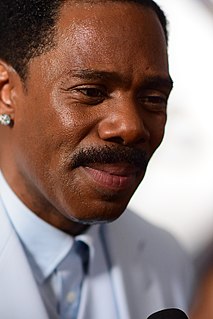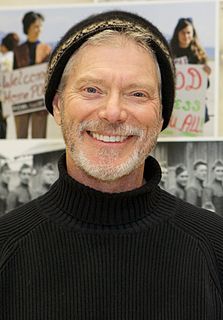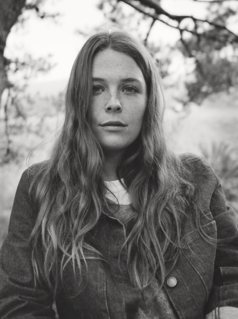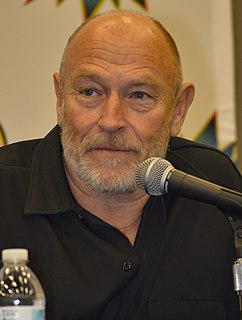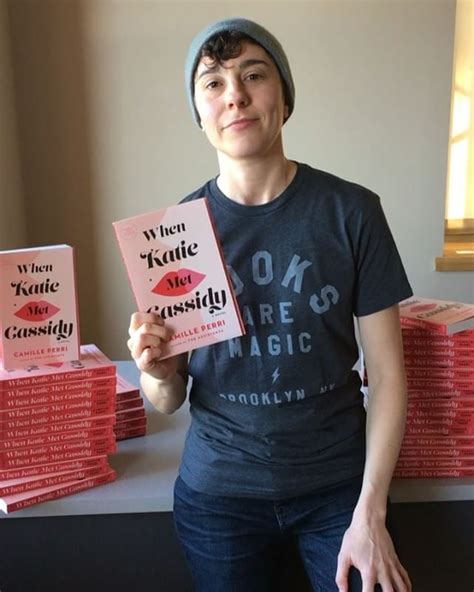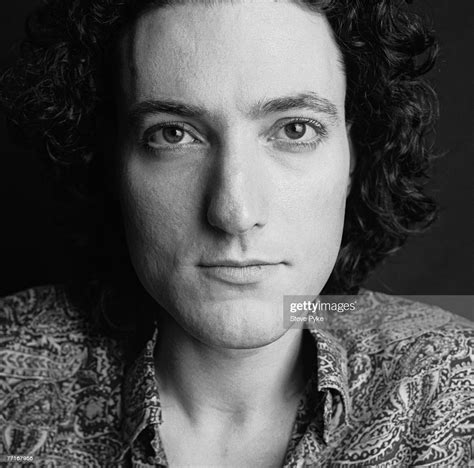A Quote by Colman Domingo
I think comedy and satire are the strongest ways to deal with very serious themes and very painful themes.
Related Quotes
If you look at the themes that he struck from the minute he started running for president through today, there is a very high level of consistency, and there is a sense that he is who he is. Obama's governing is completely consistent with the way he campaigned and the themes on which he campaigned, the issues he highlighted, the vision he shared.
We learnt a lot because we got in with real choreographers who tell you what they need from a song, because a song has to advance the story. Then real directors like Mike Nichols tell you where you can have 'B themes' and 'C themes', and we go oh yes, B themes and C themes! So we were taught in the finest school amongst the finest people. And also by the school of experience.
Comedy is very interesting because you can very quickly cross into dangerous territory. I mean look at what happened, unfortunately, (in) Paris a couple of weeks ago. They were making comics - which were really satire - but it offended people. I'm not saying the reaction was justified but there's definitely a line when you're doing comedy or satire and how it might affect somebody. That's the thing you have to watch and I think you have to be respectful of it.
If somebody asks me about the themes of something I'm working on, I never have any idea what the themes are. . . . Somebody tells me the themes later. I sort of try to avoid developing themes. I want to just keep it a little bit more abstract. But then, what ends up happening is, they say, 'Well, I see a lot here that you did before, and it's connected to this other movie you did,' and . . . that almost seems like something I don't quite choose. It chooses me.
Introduce your main characters and themes in the first third of your novel. If you are writing a plot-driven genre novel make sure all your major themes/plot elements are introduced in the first third, which you can call the introduction. Develop your themes and characters in your second third, the development. Resolve your themes, mysteries and so on in the final third, the resolution.
